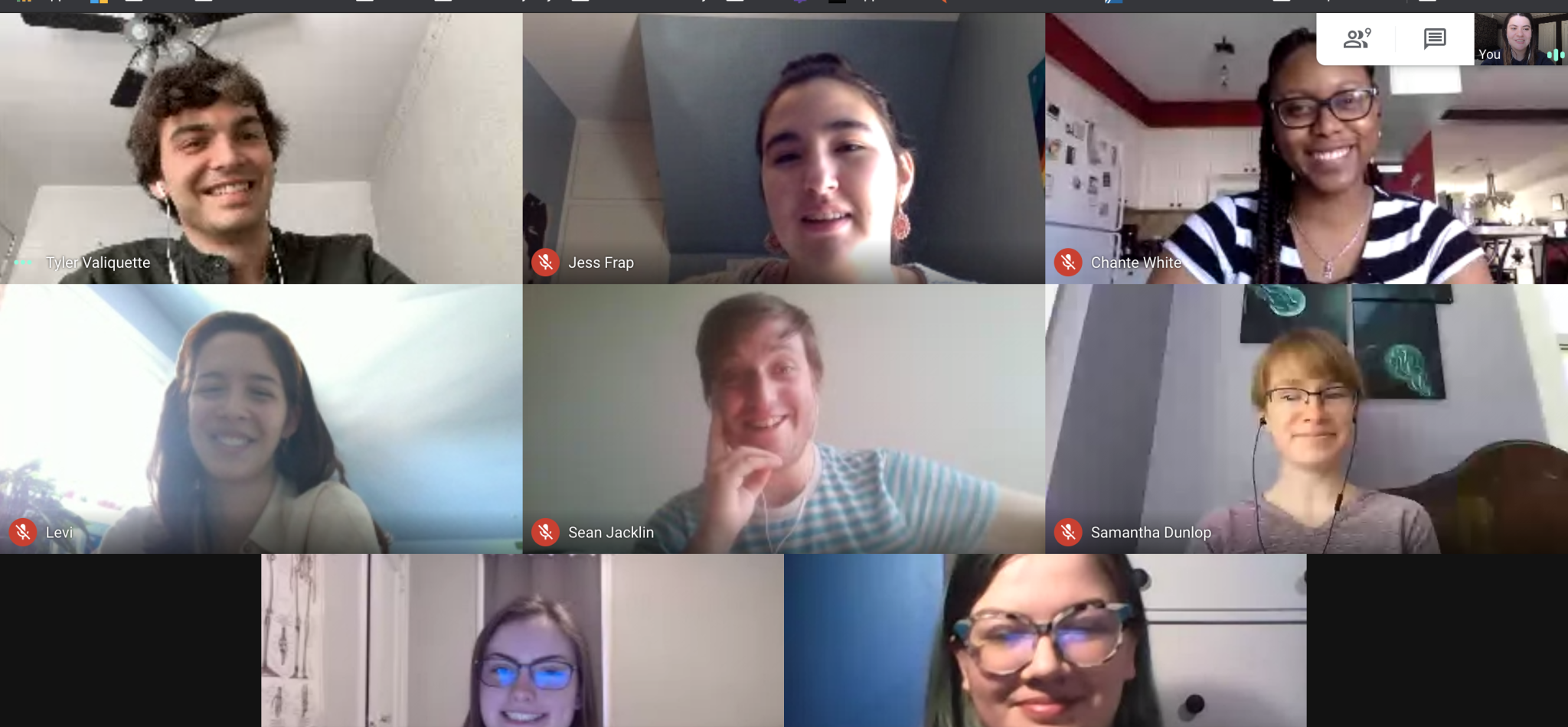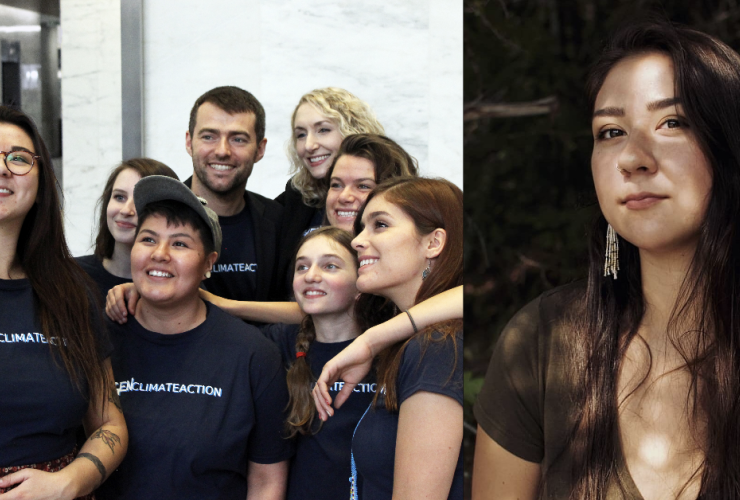Paola Floro was working on Future Majority’s next campaign — ensuring climate action turned up in the federal budget in March — when the pandemic cancelled everything, including that budget.
The group sprung up ahead of last year’s federal election, targeting 15 competitive ridings with a concerted effort to get out the youth vote and let candidates know young people wanted more climate action, among other things.
But Floro and the rest of the Future Majority team have shifted, like everyone else, to dealing with COVID-19 and its fallout, and will next week host a series of virtual town halls where young people can engage directly with politicians who represent them (or will soon) on how they want to rebuild.
With its budget shelved, the first official federal reckoning with COVID-19’s cost will come via a fiscal snapshot on July 8, Prime Minister Justin Trudeau said this week. (Parliamentary budgetary officer Yves Giroux said on Thursday the federal deficit could hit $256 billion.)
“We’re not a passive generation. We’re going to be very vocal,” said Floro, a Sheridan College post-grad who is in charge of getting politicians to attend an event in Oakville.
As Canada emerges from the COVID-19 shutdown, Future Majority wants to make sure those in power know that young people want better provision of mental health services and income security in the form of a universal basic income, the non-partisan advocacy group says.
They also want more affordable post-secondary education and more focus on racial justice, the campaign said after two months of surveying its 52,000 members and other youth groups. And climate action remains a key demand.
“COVID has shined a lot of light on vulnerable populations within Canada, youth being one of those,” said Madeleine Barberian, the group’s hub leader in Peterborough. “And so issues that we were championing before COVID have only become increasingly important during COVID.”

Some 40 municipal, provincial and federal politicians plan to attend one of Future Majority’s events, which are concentrated mostly in the Greater Toronto Area and elsewhere in Ontario, but are also taking place in Regina and Saskatoon in Saskatchewan and in Fredericton, N.B.
So far, Floro said the Oakville event has confirmations from federal Liberal MPs Pam Damoff and Anita Anand (who is also minister of public services and procurement), as well as Oakville Mayor Rob Burton, for the 6 p.m. town hall on June 23. Talks are ongoing with provincial Progressive Conservative MPP Stephen Crawford.
“We, together as a collective, have been able to have a lot of conversations with high-profile politicians and people with power,” Floro said. “The next step for Future Majority will be seeing how we can make sure that action comes from all these conversations we’re able to have.”
Aaron Myran, Future Majority’s executive director, said more than 250 volunteers have worked on the Canada 2.0 campaign and more than 1,000 young people have RSVP'd so far to attend the online interactive video sessions.
Morgan Sharp / Local Journalism Initiative / Canada’s National Observer
I am always encouraged when I
I am always encouraged when I see youth organizing and getting involved. I have talked to many people in there thirties and forties who have never voted and have no interest in politics and I sure hope that is changing! It is your future and you need to be loud to help map it.
I'm so glad whenever I see
I'm so glad whenever I see young people organizing around the environment and climate change. But I'd caution against seeing "youth" as being particularly vulnerable ... it depends entirely on socio-economic class status.
I'd quibble that the solution isn't "Universal Basic Income" ... it's universal *Livable* income.
Welfare provides "basic income," and the "basic income" being considered is likely to be comparable ... because employer corporations rilly-rilly *like* the idea that the minimum wages could be held down (paid for by taxes on individuals, not corporations) ... by a Basic universal income low enough that it can't buy the necessities, and so will require a minimum wage job: just as many of the minimum wage jobs are being replaced by fancy, corporate-revenue/"economy" enhancing machines, so that minimum wage jobs will require education and skill levels that ordinarily now lead eventually to well-paying work.






Comments